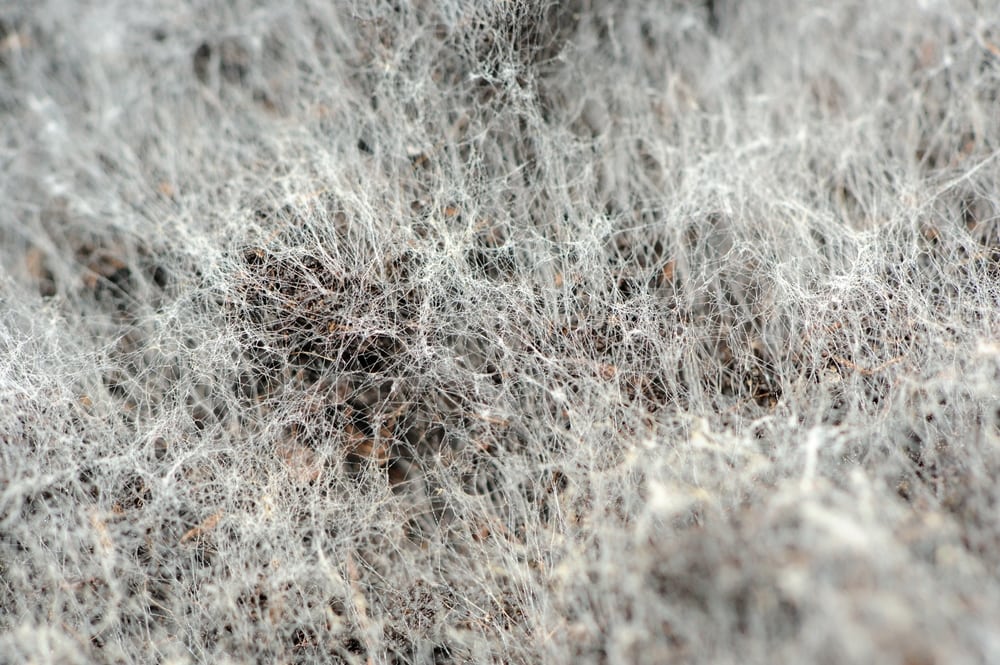Mold spores and bacteria naturally exist in settled dust especially in carpets.
Is mold under carpet dangerous.
Likewise rooms with insufficient ventilation also provide for a mold breeding ground.
Mold under your carpet and on concrete can cause serious damages to your health and property.
Carpet mold can be a difficult problem to tackle.
The black mold can produce specifically mycotoxins a type of toxic that can cause several health problems.
As well as housing toxic black mold and dust mites carpets can also be home to dangerous mycotoxins.
When carpets get wet the water and existing dust dirt hair fibers skin cells food crumbs bug parts etc in the carpet provide the necessary food and moisture for the mold and bacteria to grow in the carpet.
Remediation procedures carpet water damage mold.
The danger of black mold on the carpet is not visible overnight but it can leave some bad allergies days ahead.
Mold can grow fast in damp places and once it gains a foothold in your home you have to put in a lot of work to eliminate it.
Prolonged exposure of these toxins weakens your immune system especially your stomach.
Damp basements are ideal for mold growth.
Know if your carpet is at high risk of developing mold.
Mold spores are commonly found naturally in the air.
Why mold is dangerous toxic mold is hazardous in various ways but mostly because it produces and disperses mycotoxins into the atmosphere.
Mould otherwise referred to as mildew or black mold can become a nuisance when it has the proper conditions to grow and thrive.
Some of these mold varieties like penicillium can cause respiratory symptoms and a few such as aspergillus can cause long term lung conditions with prolonged exposure.
In worst case scenarios mycotoxin overgrowth can lead to death.
Rashes and fungal infections.
Carpets that are located in humid climates below ground level or in areas where there s lots of water like in a bathroom are more susceptible to getting mold.
In order to grow mold needs moisture oxygen a food source and a surface to grow on.
If you have a carpet in one of these areas try to keep it as dry as possible and frequently check it for signs of mold.
While you may see mold on carpeting in unusually severe cases carpet especially wall to wall carpeting can be a reservoir for hidden mold mite fecal pet dander rodent dander fecals and dust bacteria and other allergens pathogens and irritants even though you cannot see anything suspicious on the carpet.
When you ingest the spores a common reaction is difficulties to breathe.
They are produced in varying degrees depending on the species of mold that is present.

